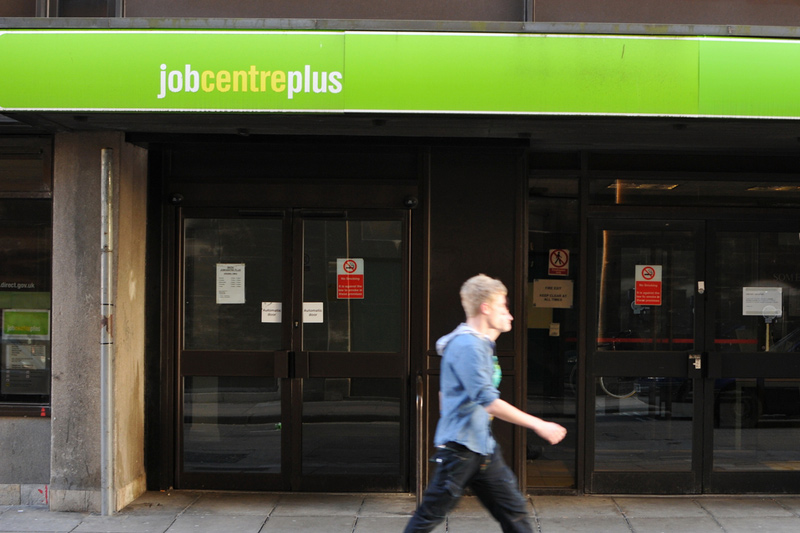LONDON, June 14 (Reuters) - British workers' earnings after inflation contracted at the fastest pace since 2014 in the three months to April, underscoring the growing Brexit squeeze facing many households, official data showed on Wednesday.
The figures showed the challenge facing Prime Minister Theresa May and her new government, with signs that households are feeling the strain of rising prices since last year's vote to leave the European Union, weighing on the broader economy.
The data also showed the unemployment rate in the period between February and April held steady at a more than four-decade low of 4.6 percent, in line with the median forecast for Wednesday's figure in a Reuters poll of economists.
Inflation hit an almost four-year high of 2.9 percent in May, official data showed on Tuesday, stronger than economists had expected.
The Office for National Statistics said on Wednesday that workers' total earnings including bonuses after taking into account inflation fell by an annual 0.4 percent in the three months to April after edging up 0.1 percent in the first quarter.
That marked the biggest real-terms drop since the three months to September 2014.
In nominal terms, wages grew at the slowest pace since February 2016, rising an annual 2.1 percent in the three months to April and slowing from 2.3 percent in the first quarter.
Economists taking part in a Reuters poll had expected wage growth of 2.4 percent.
The ONS said it had revised its data for wages to improve methodology for earnings from small businesses, resulting in lower estimates for wage levels but little change overall to growth rates.
Excluding bonuses, nominal earnings rose by 1.7 percent year-on-year, the weakest increase since January 2015 and against expectations for a 2.0 percent rise.
The Bank of England is watching wage growth closely as it gauges whether the increase in inflation is creating longer-lasting pressure on prices. It expects wages to rise by 2 percent this year before picking up in 2018 and 2019.
The central bank is widely expected to keep interest rates at their record low of 0.25 percent when it makes its latest policy announcement on Thursday.
The number of people in work increased by 109,000 in the three months to April, taking the employment rate to 74.8 percent, a joint record high, the Office for National Statistics said.
So far the central bank believes there is little pressure on most employers to raise pay sharply which could feed a more permanent inflation problem.
